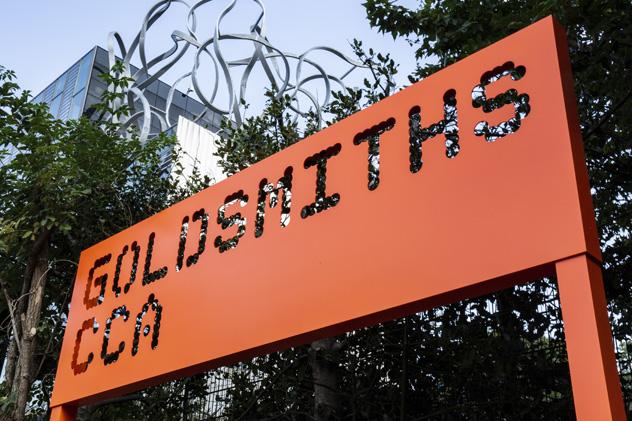
UK and international students need to apply through UCAS. Except those inside the Crimea Region/Sevastopol, the so-called Donetsk People's Republic (DNR) / Luhansk People's Republic (LNR), Cuba, Iran, North Korea or Syria who need to use our alternative application form.
This degree will advance your knowledge of contemporary art and nurture your skills for a career in curating and curatorial practice.
If you have specific questions about the degree, contact Dr Janna Graham.
A-level: BBB
BTEC: DDM
IB: 33 points overall with Three HL subjects at 655
3 years full-time
Home - full-time: £9250
International - full-time: £20160
Curating refers to a wide range of activities including the care of collections and the development of exhibitions, festivals, screenings, digital platforms and more. Curators engage with historical knowledge and respond to urgent social issues, staging culture as a way of bringing together different people.

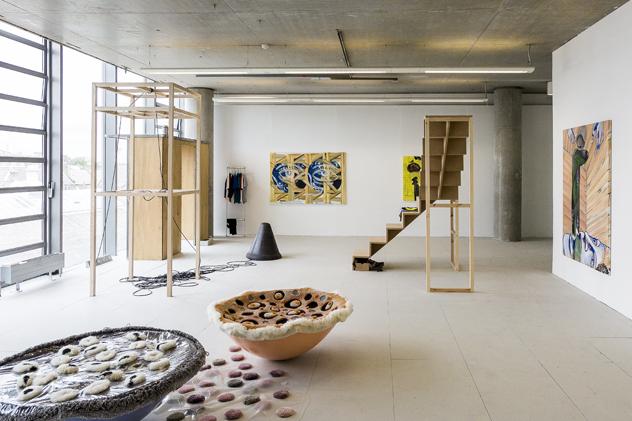
Goldsmiths is ranked 12th in the world for art history, demonstrating international renown in this area (QS World University Rankings by Subject 2023).
London locationOur location in New Cross provides easy access to cultural exploration with some of the world's best galleries and museums close to the campus.
Professional experienceYou will be able to do a placement within an arts organisation and will learn about different professional settings, enabling you to gain excellent experience for your future.
You'll take the following compulsory modules:
| Module title | Credits |
|---|---|
| Modernities | 30 credits |
| Curating and the Public Sphere | 30 credits |
| Seeing and Showing | 30 credits |
| Space and Time | 30 credits |
Note about optional modules (if available): The above is indicative of the typical modules offered, but is not intended to be construed or relied on as a definitive list of what might be available in any given year. The module content and availability is subject to change.
You'll take the following compulsory modules:
| Module title | Credits |
|---|---|
| Curating, Education, and Research | 60 credits |
| Museums, Galleries, Exhibitions: Unpacking the Field | 30 credits |
| The Goldsmiths Elective | 15 credits |
You will then choose one optional module of 15 credits. This can either be the Goldsmiths Project Module or a 15-credit module from a list provided annually by the Department of Visual Cultures.
Note about optional modules (if available): The above is indicative of the typical modules offered, but is not intended to be construed or relied on as a definitive list of what might be available in any given year. The module content and availability is subject to change.
You will study the following compulsory module:
| Module title | Credits |
|---|---|
| Expanded Practices in Visual Cultures | 60 credits |
You'll also choose 60 credits worth of optional modules from a list made available annually by the department.
Note about optional modules (if available): The above is indicative of the typical modules offered, but is not intended to be construed or relied on as a definitive list of what might be available in any given year. The module content and availability is subject to change.
This programme is taught through scheduled learning – for example, through a mixture of lectures and seminars. You’ll also be expected to undertake a significant amount of independent study. This includes carrying out required and additional reading, preparing topics for discussion, and producing essays or project work.
You’ll be assessed mostly through coursework. Normally this consists of essays, sometimes accompanied by creative projects, group projects, multi-media projects, presentations, symposia, reviews, and studio work.
An undergraduate honours degree is made up of 360 credits – 120 at Level 4, 120 at Level 5 and 120 at Level 6. If you are a full-time student, you will usually take Level 4 modules in the first year, Level 5 in the second, and Level 6 modules in your final year.
Show more informationA standard module is worth 30 credits. Some programmes also contain 15-credit half modules or can be made up of higher-value parts, such as a dissertation or a Major Project.
Fostering collaboration and peer support is a crucial aspect of the course. BA Curating students benefit from their own dedicated room, which they can use to stage work-in-progress, organise events and socialise around their course commitments. As a student here you'll be encouraged to initiate your own projects or join some of the existing ones, to enrich your studies.
You can also get inspired by a varied programme of public events within the Department of Visual Cultures and the wider Goldsmiths community, as well as the world-class exhibitions at the Goldsmiths Centre for Contemporary Art (CCA).
Our London location means that there are lots of opportunities to benefit from a rich network of art organisations, with some of the teaching delivered through gallery visits. Studying in London means you’ll never run out of art spaces, events, museums and visual culture to explore.
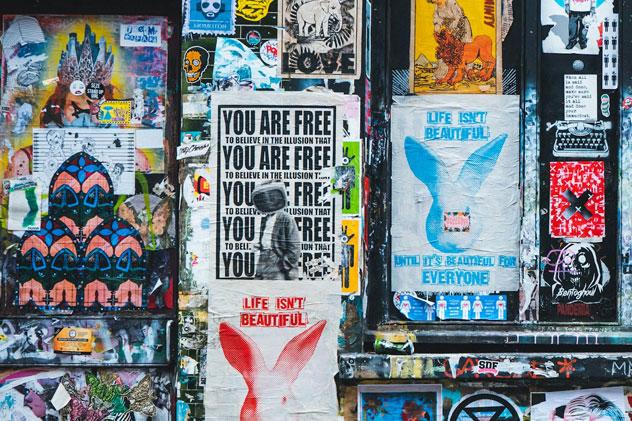
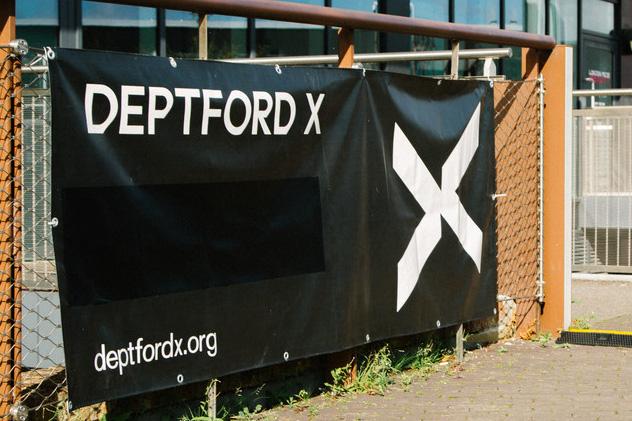
BA Curating is a great platform from which to launch a career in the cultural sector. The degree will prepare you for life after university, ensuring you graduate with the ability and confidence to forge a successful career. Graduates are well placed to pursue careers in:
Indeed, many of our alumni are active in the contemporary art world, whether working for major art and cultural institutions, or having set up cultural initiatives of their own.
Other graduates choose to continue their studies to Masters level and beyond.
You can read more about the career options open to you on our dedicated Visual Cultures careers page.
Through practical assignments and industry experience, students on the BA Curating degree will develop a number of attributes and skills that will prepare them to work in the cultural sector and beyond.
Some of the skills you'll develop during the degree include:
By remaining attentive to the different audiences their work seeks to address, graduates learn to foster new connections between people and create new opportunities for collaboration.
This project by Palina Shturma was developed in response to a first-year assignment brief for the module ‘Curating and the Public Sphere’. “I made a model for a virtual exhibition on the topic of contemporary superstitions that focuses on the impact of post-truth era fake news and alternative worldwide web networks,” explains Palina.
Third-year students invited artist Gisou Golshani to engage with the slide collection of the Women’s Art Library at Goldsmiths. The result was a sound performance and interactive slide game for visitors to the Goldsmiths Centre for Contemporary Art (CCA) within an exhibition dealing with the digitalisation of archives.
'Mapping Well/Being' was a series of workshops and a common space to map how we experience mental wellness, mental illness, disability, and the effects of neoliberal discourse around 'mental health' in the university. Students engaged in guided exercises to explore different elements of 'wellbeing' and disability support around the Goldsmiths campus. The workshops culminated in an exhibition and celebration of the work and ideas which emerged from them, including an artist talk by Leah Clements.
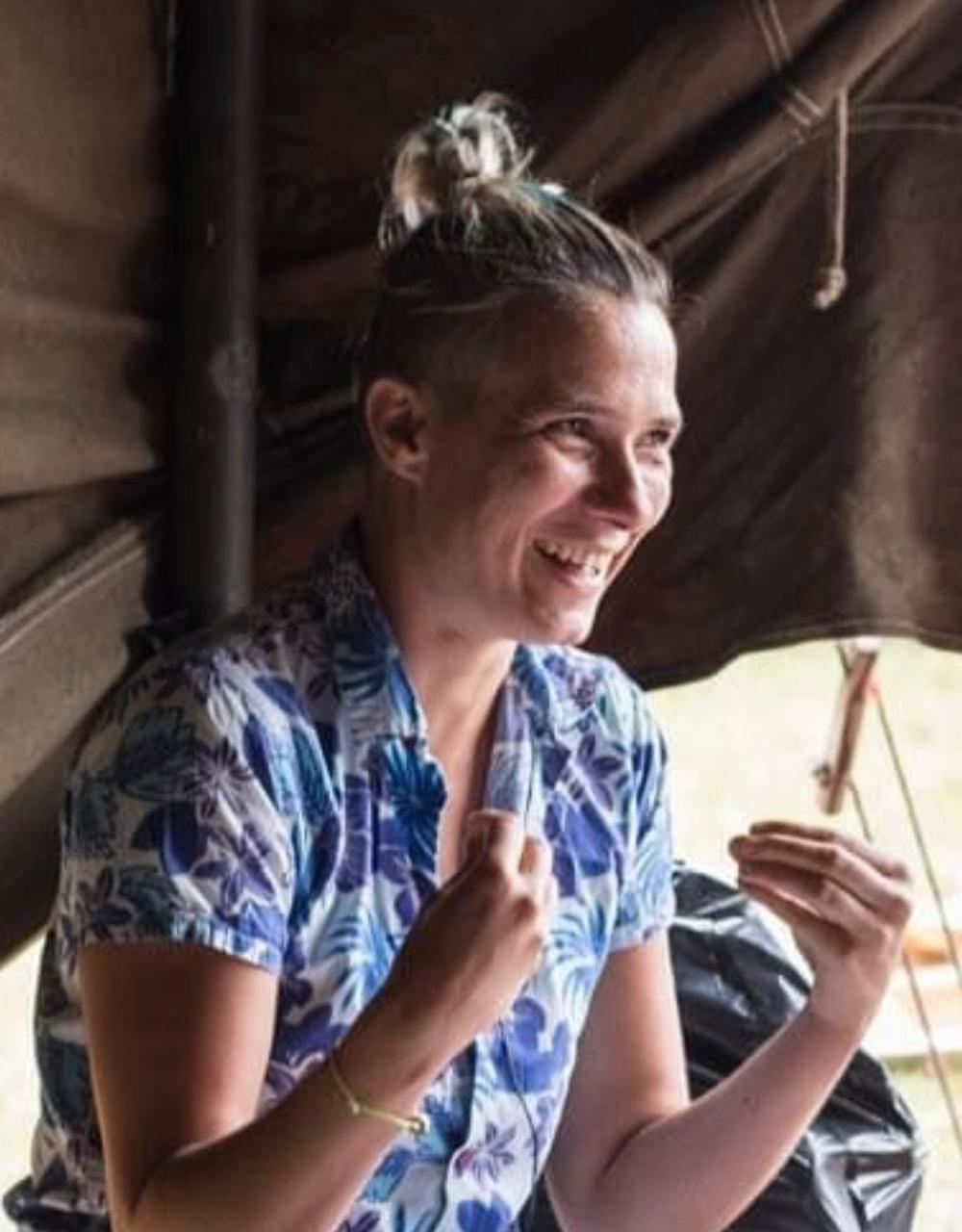
Lenka works in transnational feminisms and political ecology, particularly in the field of feminist visual ethnomycology
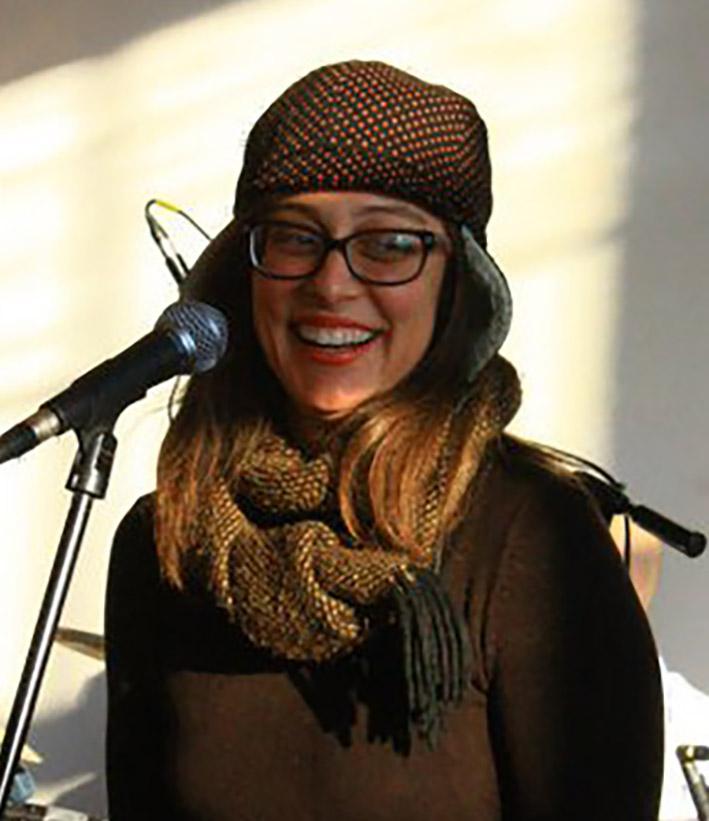
You will be taught in the Department of Visual Cultures at Goldsmiths, which has been at the forefront of curatorial research and practice for well over a decade, and has helped to redefine the profession.
The BA Curating programme draws on this research, and is taught by leading curators, theorists and researchers. The degree combines a strong grounding in art history and contemporary cultural theory with the development of practical know-how and industry experience.
In addition to the programme leaders above, core teaching staff on the programme include:
A-level: BBB
BTEC: DDM
International Baccalaureate: 33 points overall with Three HL subjects at 655
UAL Extended Diploma: Merit overall
Access: Pass with 45 Level 3 credits including 30 Distinctions and a number of merits/passes in subject-specific modules
Scottish qualifications: BBBBC (Higher) or BBC (Advanced Higher)
European Baccalaureate: 75%
Irish Leaving Certificate: H2 H2 H2 H2
We welcome students with a range of educational experiences. If you believe you may not meet the standard qualification requirements we would still encourage you to apply because we consider all aspects of your application when making a decision.
We’ll pay particularly careful attention to your personal statement, which is your opportunity to demonstrate your interest in the subject you’ve applied for. Your referees are also welcome to include any relevant contextual comments around your academic achievements. We’ll look at all these things when making a decision on your application, as well as your qualifications and grades, and may still be able to offer you a place.
We also accept a wide range of international qualifications. Find out more about the qualifications we accept from around the world.
If English isn’t your first language, you will need an IELTS score (or equivalent English language qualification) of 6.0 with a 6.0 in writing and no element lower than 5.5 to study this programme. If you need assistance with your English language, we offer a range of courses that can help prepare you for degree-level study.